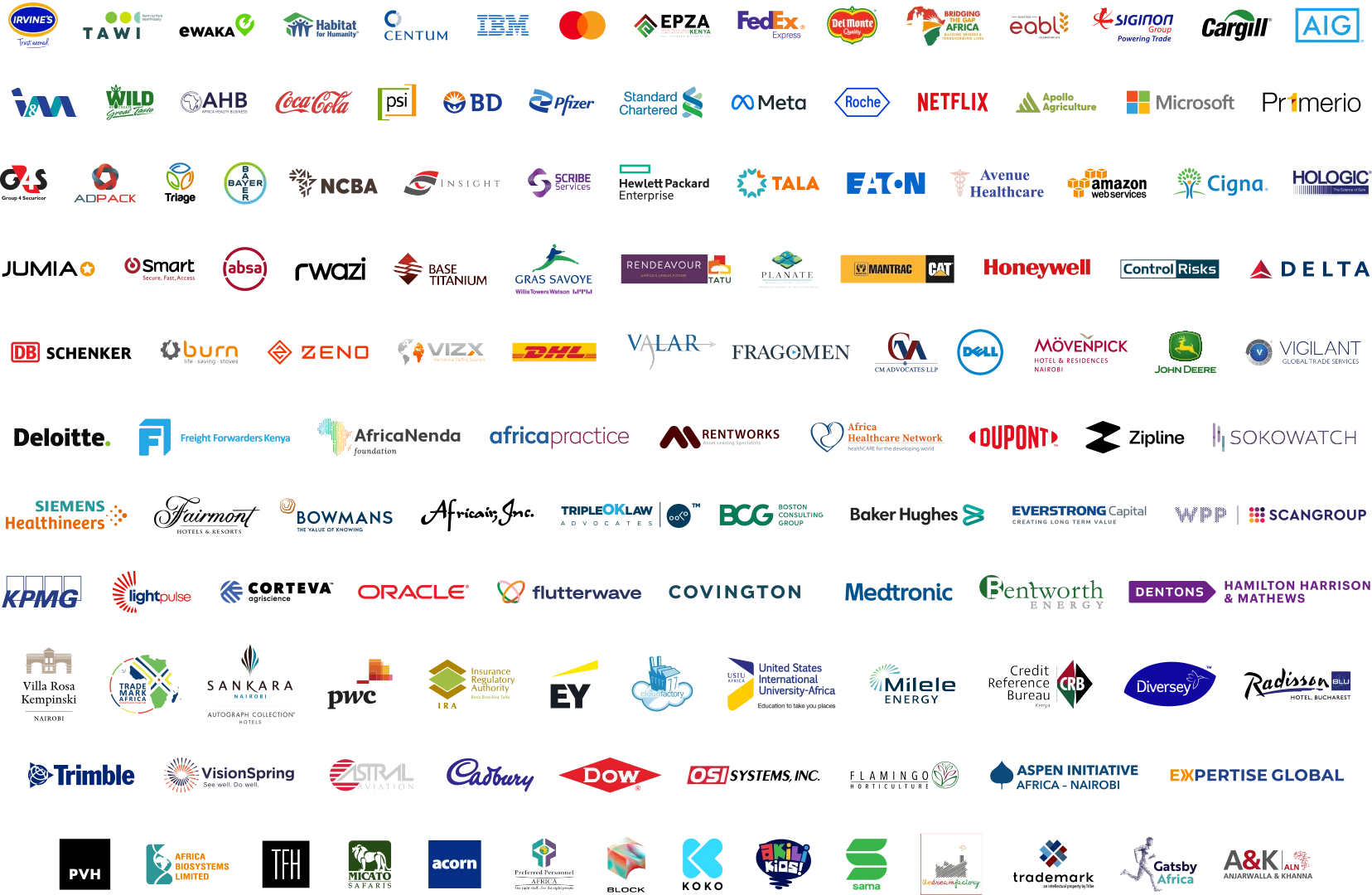This article and its headline are taken directly from the source cited and do not necessarily represent the opinion or official position of the American Chamber of Commerce or its members.
By: Constant Munda
Published February 11, 2019
The value of goods ordered by Kenyan factories grew by Sh62.88 billion in the 11 months to November 2018, new data showed, signalling a rebound from a multiyear low in 2017.
Traders and factories shipped in non-food industrial supplies worth Sh568.11 billion in January-November period, latest data by the Kenya National Bureau of Statistics (KNBS) indicate, a 12.45 per cent growth over Sh505.23 billion in the same period in 2017.
The value of industrial supplies in the period was Sh17.20 billion more than the Sh550.91 billion order book in the whole of 2017.
Industrial supplies accounted for 34.83 per cent of the of imports bill in the review period, a slightly higher share than 31.91 per cent in the corresponding period a year earlier.
The factories order book was a key driver of the 3.03 per cent growth in imports to Sh1.63 trillion, the slowest rise since 2015.
Besides industrial supplies, the other driver of imports was petroleum products whose value climbed Sh61.21 billion, or 24.34 per cent, to Sh312.704 billion in the period.
The recovery in the hitherto struggling manufacturing sector may cheer the rising population of graduate youth because it is a major source of jobs at different career levels.
“The year 2018 was going to see some improvement in manufacturing considering we had a relatively stable year after a 0.2 per cent growth in 2017 attributed to the fact that we were in an elections year,” said Kenya Association of Manufacturers (KAM) chief executive Phyllis Wakiaga.
“Things like the fight against illicit goods have really helped because when you look at alcoholic beverage, they have reported better growth. We are still not where we need to be, but we are seeing some strides.”
President Uhuru Kenyatta is banking on modernisation and development of new factories to help generate targeted 800,000 new decent jobs for the youth under “Big Four Agenda” economic transformation plan by 2022.
To achieve that, the sector’s contribution to the national wealth, technically gross domestic product (GDP), is expected to grow to 15 per cent from a revised decades-low of 7.9 per cent in 2017.
The sector’s share of the GDP has steadily dropped from 10.7 per cent in 2013, 10.0 per cent (2014), 9.4 per cent (2015) and 9.1 per cent in 2016, data by KNBS shows. Continue reading
Source: Business Daily Africa







